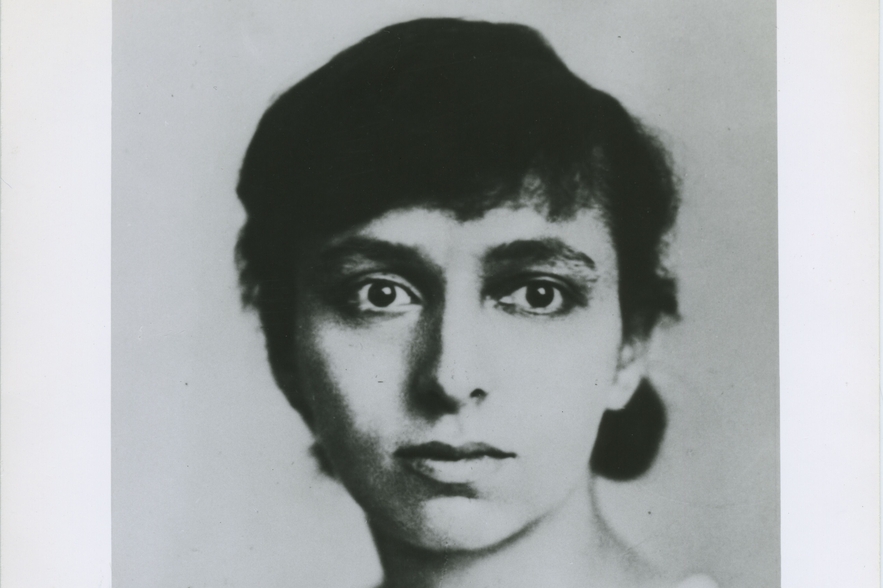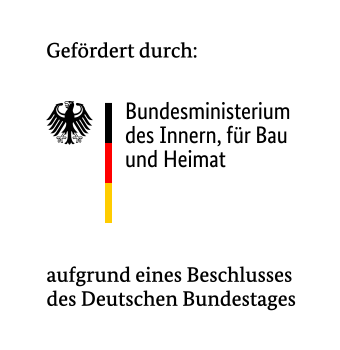
- Diese Veranstaltung hat bereits stattgefunden.
Book Club | Kolmar: Welten | Online
18. April 2024 @ 20:00–21:30 CEST

The Book Club of the LBI New York is taking place once a month.
About the Book
Welten (Worlds) is a cycle of poems written in the second half of 1937 by Gertrud Kolmar, who was to perish six years later in Auschwitz. In 1947, the manuscript was passed by her brother-in-law to Peter Suhrkamp, publisher at Suhrkamp Verlag — now Germany’s premier literary press — and was one of the first books to appear from that press after the war.
„With Welten Gertrud Kolmar invented new landscapes for her century. These rich, heart-rendingly beautiful poems couched in long, seemingly relaxed lines, manage to be both alien and intimate, celebratory and tragic, contemplative and dangerous.
An unidentified woman with a child in her arms comes to a dark city. In a misty wood the poet and someone meet an angel who doesn’t see them because, as she describes him, „er nur ist“ — his existence is as definite and as indecipherable as the moss and the trees.
The poet recommends patience in her findings, is not afraid of ghostly ruins, knows longing all too well, loves the everyday — clouds, roses, a bowl of soup—and wonders what exists in closed gardens. She has inhabited loneliness, notes animals familiar and legendary — a dog, a unicorn, wild goats — and shows tenderly how the fact of love can even blot out the fear of death.
The translators have brought most successfully into English the astonishing experiences recorded here in lines which sometimes glow with jewels, sometimes alarm the reader under a threatening midnight, at other times move consolingly along recognisable paths which nonetheless contain surprise. They have conveyed Gertrud Kolmar’s relish of the known and her delight in the unusual with no sense of strain. All the novelty, the daring, the varied tones of the original survive in this transition of language by their skill and fellow-feeling. This has obviously been a labor of love.“ —Harry Guest.
About the Poet, Gertrud Kolmar
Gertrud Kolmar was born into a middle-class Jewish family. Her father was Ludwig Chodziesner, a lawyer and her mother was Elise Schoenflies prior to marriage. Gertrud grew up in Berlin’s Charlottenburg quarter and was educated in various private schools in Germany. She became a kindergarten teacher and she learned Russian, English and French.
She had a brief affair with an army officer, Karl Jodel, and became pregnant. On the insistence of her parents the child was aborted. Themes of failed passion, motherhood and children haunted her poetry.
She used her language skills as an interpreter and censor of soldiers‘ correspondence in a prisoner-of-war camp in Döberitz, near Berlin towards the end of the First World War. During this time (1917) she also published her first book entitled Gedichte (Poems) under the pseudonym of Gertrud Kolmar. She chose the name Kolmar as it was the German name for Chodzież, a small village in the province of Posen from which her family came.
After the war she became a governess and worked for several Berlin families. She had a brief spell in Paris, 1927-8, where she studied as an interpreter but she returned to Germany when her mother’s health deteriorated and she took over running the household. Following her mother’s death she worked as her father’s secretary.
Her poems appeared in various literary journals and anthologies. Her third volume, Die Frau und die Tiere was published by a Jewish publisher (1938).
As a result of the growing persecution of Jews under National Socialism, her family had to sell their house in the Berlin and were forced to live in an apartment block in the Berlin suburb of Schöneberg. In 1941 she was compelled to work at forced labor in the German armaments industry. In February 1943 she was arrested and transported on the 2nd of March to the Auschwitz concentration camp. She is believed to have been murdered shortly after her arrival.
Jacob Picard, in his epilogue to Gertrud Kolmar: Das Lyrische Werk described her as “’one of the most important woman poets” in German literature, and as “’the greatest lyrical poetess of Jewish descent”. Michael Hamburger agreed with Picard’s high estimation of her as a master poet. Patrick Bridgwater, citing the great range of her imagery and verse forms, and the passionate integrity which runs through her work, also described her as “one of the great poets of her time, and perhaps the greatest woman poet.”
About the Guest, Friederike Heimann
Friederike Heimann studied German, political science and sociology at the FU Berlin. She received her doctorate in 2012 on the poet Gertrud Kolmar under Professor Alfred Bodenheimer at the Center for Jewish Studies in Basel.
Dr. Heimann has numerous publications in the field of German-Jewish literature, including work on Gertrud Kolmar, Walter Benjamin, Paul Celan, Rose Auslander, Jenny Aloni and Hertha Nathorff. Most recently, a literary portrait of Kolmar was published by Suhrkamp: In the Chain of Fire of the Era. About Gertrud Kolmar (2023).
Since 2014 Dr. Heimann has been working at the Jewish Salon at Grindel in Hamburg, where she has welcomed many different guests from literature and the sciences. She currently lives as a freelance author and literary scholar in Hamburg.
Donnerstag,
20:00 – 21:30 Uhr (MEZ)
Online
Details
- Datum:
- 18. April 2024
- Zeit:
-
20:00–21:30 CEST
- Veranstaltungskategorien:
- LBI New York | Berlin, Lesekreis, Veranstaltungsreihe
- Veranstaltung-Tags:
- jüdische Geschichte, LBI New York | Berlin, Lesekreis, Literatur, Veranstaltungsreihe
Veranstaltungsort
- Online


